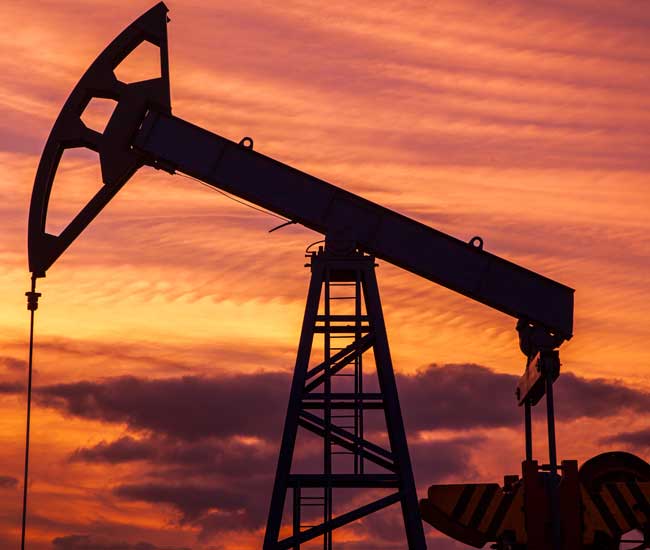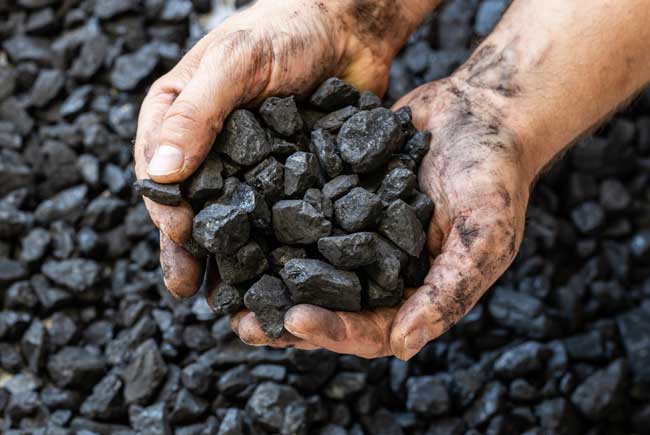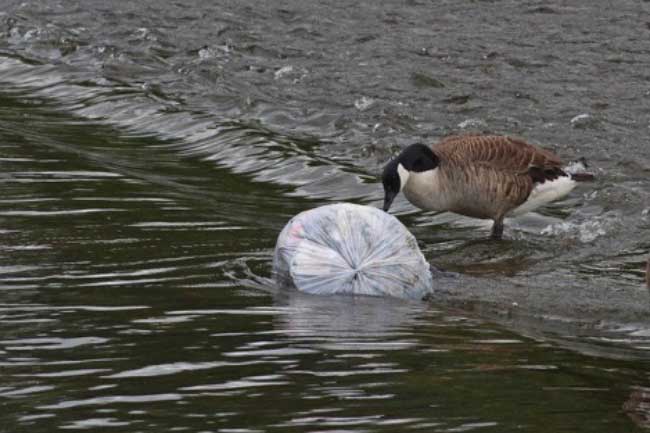Fossil fuels are broken down into three groups. These groups include coal, oil, and gasoline. We have been using fossil fuels for around a little more than a century. Fossil fuels are formed from the buried remains of animals and plants that lived millions of years ago.
Today about 80% of our energy needs are met with coal, oi, and gas. Not to mention the other items made from petroleum such as plastics, paint, and chemicals. Think of the number of plastic pieces and parts in your home and car. There are literally thousands of them in each home and business.
Plastic items include:
You are starting to see the problem. Then think of all the chemicals. We won’t list all those.


We are going to look at each fossil fuel and the disadvantages that come with them.
Oil (petroleum)
Oil is a liquid. It is either pumped from the land or sea or else it is strip mined from the tar sands and oil shale. Tar sand oil is found near the earth’s surface. After the oil has been retrieved from the ground it is then transported and refined.
Transportation of the oil is done by supertanker, truck, train, or pipeline. Supertankers, trucks, and trains can have spills. Pipelines after many years in use can erode and become weak causing a pipeline leak into the ground.
At the refinery it is made into gasoline, kerosene, propane, and jet fuel. Also, other products include plastics and paint.
The newest form of retrieving the oil and gas is fracking. It is a horizontal drilling done with hydraulics. First the company drills down then they drill outward. This allows them to reach more reserves of oil and gas from the shale from one well instead of five wells.
Coal is heavy carbon rock. There are four main types, and they are lignite, sub-bituminous, bituminous, and anthracite. Coal is the most carbon intensive of the fossil fuels as far as emissions.
Coal is retrieved by one of two methods. Underground mining and surface (strip) mining. Either way of mining it makes changes to the earth. The empty coal mines can cause problems. Strip mining strips away several layers of earth. It also accounts for about two thirds of all coal production in the US. Today it accounts for less than a third of all US electricity generation.
The problems with coal are:


Natural gas mostly methane (fracked) is considered standard or unusual. Standard can be retrieved with standard drilling. However, unconventional must be fracked.
Gas accounts for 38 percent of energy needs in the US. It is the major source of electricity production.
The problems with gas are:
As you can see if we continue to use fossil fuels our grandchildren and future generations will have a poor place to live. The air won’t be fit for breathing, water will not be good for drinking, and the ecosystems will be so poor the animals and aquatic life will not survive.
Solutions to the problems of fossil fuel include:
We all must do our part especially commercial industries in purchasing carbon credits in order to keep this plant for future generations.